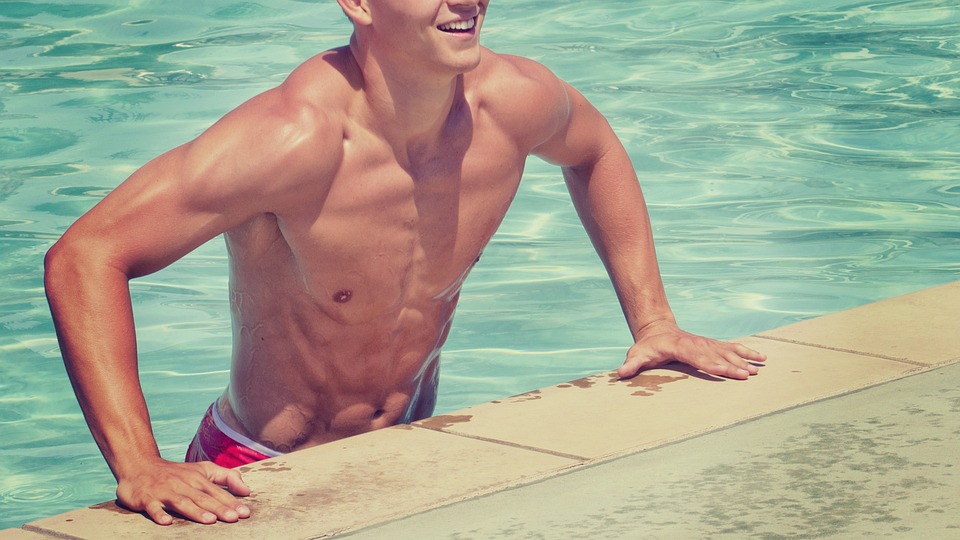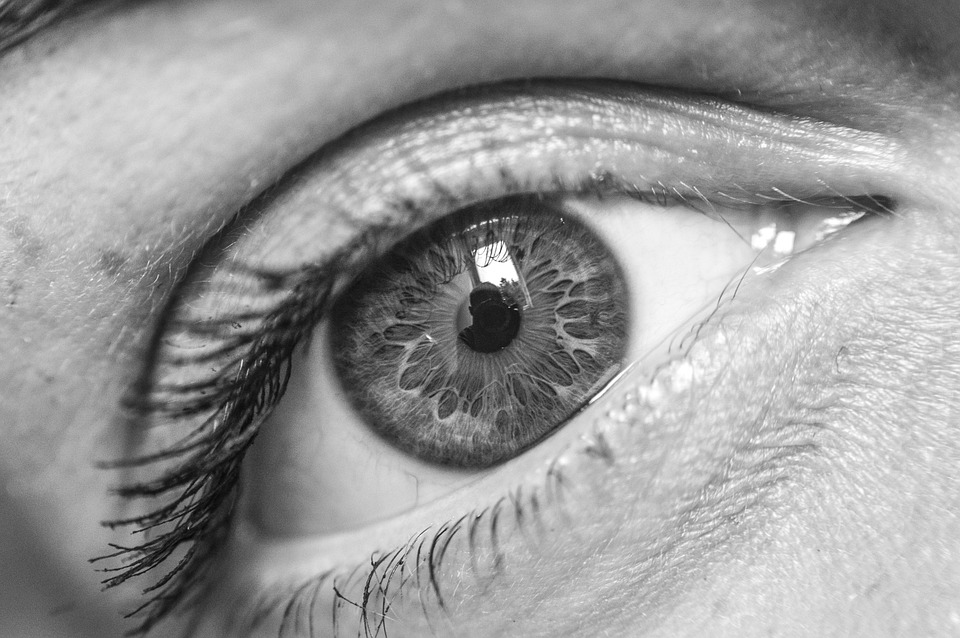The Essential Guide To Waterproofing Your Swimming Pool
Do you have a swimming pool in your backyard? If so, it’s important to make sure that it is properly waterproofed. A swimming pool that leaks can cause a lot of damage to your property, and can be very costly to repair. In this article, we will discuss the three main methods of waterproofing a swimming pool: sealants, coatings, and membranes. We will also discuss the benefits and drawbacks of each method. By reading this article, you will be able to choose the best method for waterproofing your swimming pool. The first main method is using sealants. Sealants are applied directly to the surface of the swimming pool, creating a waterproof barrier. The main benefit of using sealants is that they can be applied quickly and easily. However, they may not last as long as other methods and may need to be reapplied periodically. The second method is using coatings. Coatings are applied to the swimming pool surface in a thicker layer, creating a waterproof barrier. The main benefit of using coatings is that they can last for several years before needing to be reapplied. However, they may require more preparation before application and may also be more expensive than sealants. The third method is using membranes. Membranes are usually made of plastic or rubber and are applied underneath the swimming pool surface, providing a waterproof barrier from below. The main benefit of using membranes is their long-lasting durability. However, they may require more time and effort to install compared to sealants and coatings. Overall, there is no one “best” method for waterproofing a swimming pool — it ultimately depends on individual preferences and budget. It is important to regularly inspect and maintain the swimming pool’s waterproofing to ensure its longevity and prevent water leakage. Consulting with a professional can also help in choosing the best waterproofing solution for your swimming pool. What are the benefits? Prevents water leakage and potential damage to the surrounding structure Enhances swimming pool appearance and durability Maintains clean and safe swimming conditions for users What are the different options? Sealants or coatings, which are applied directly onto the surface of the swimming pool Membranes, which create a waterproof barrier below the swimming pool surface How should I maintain my swimming pool’s waterproofing? Regular inspections and timely repairs can help extend the effectiveness of the waterproofing solution. It is also important to clean and remove any debris from the swimming pool’s surface to prevent potential damage to the waterproofing materials. For more information on waterproofing your swimming pool, check online.


